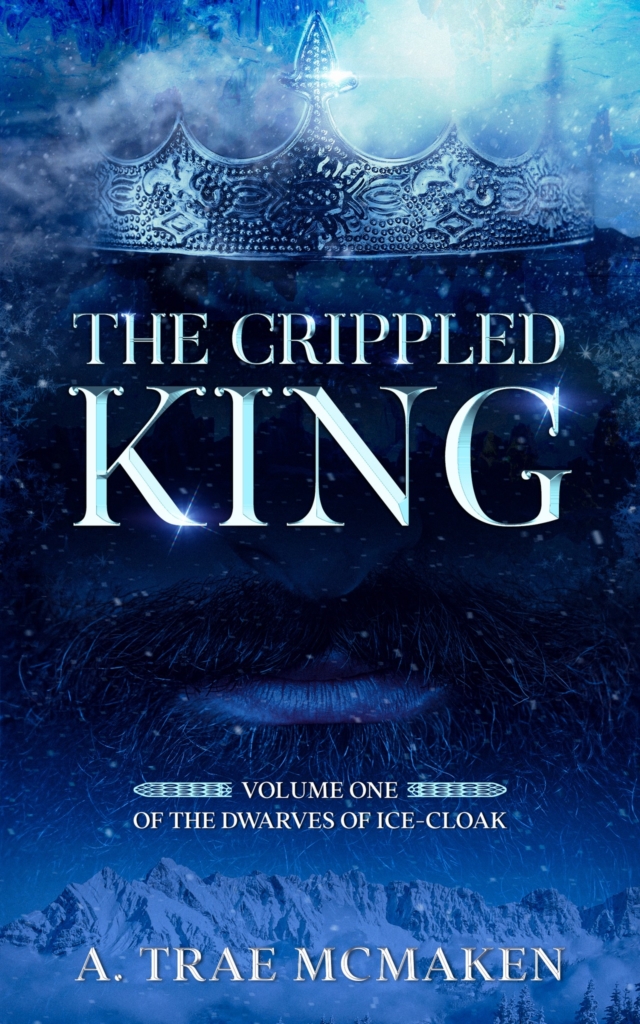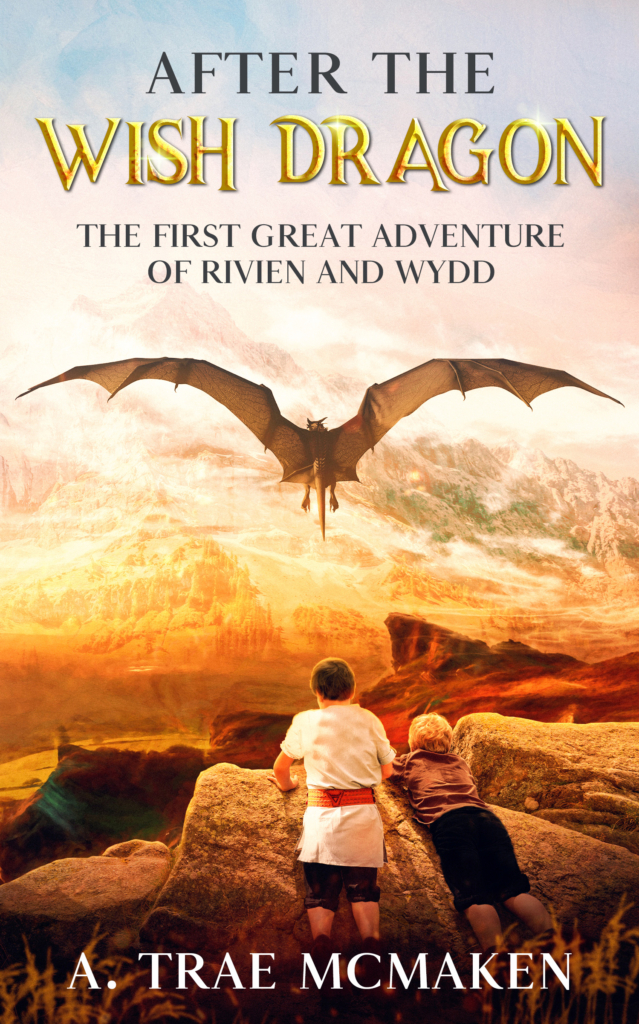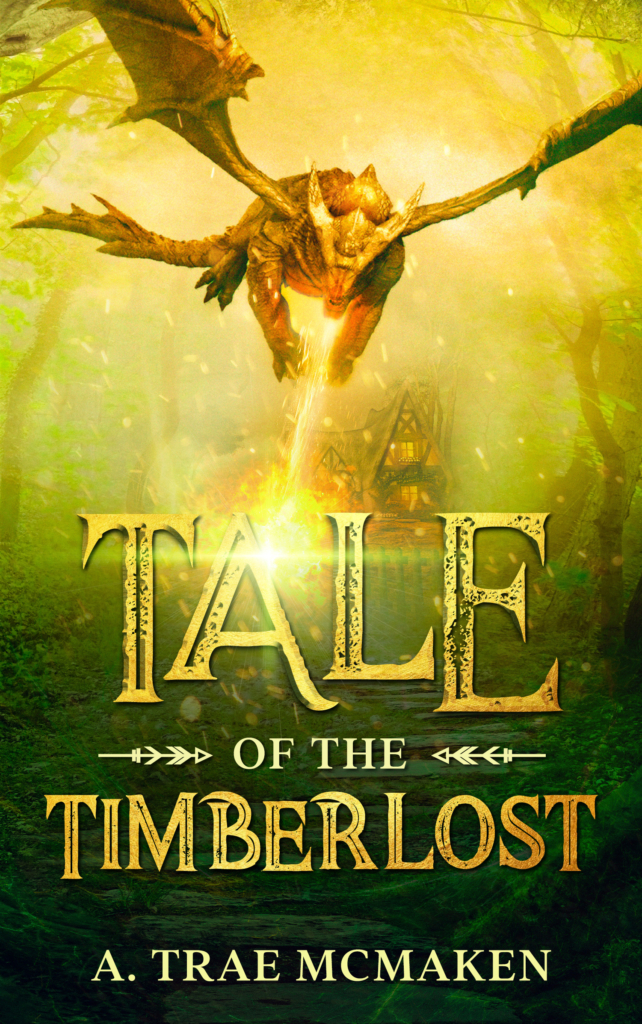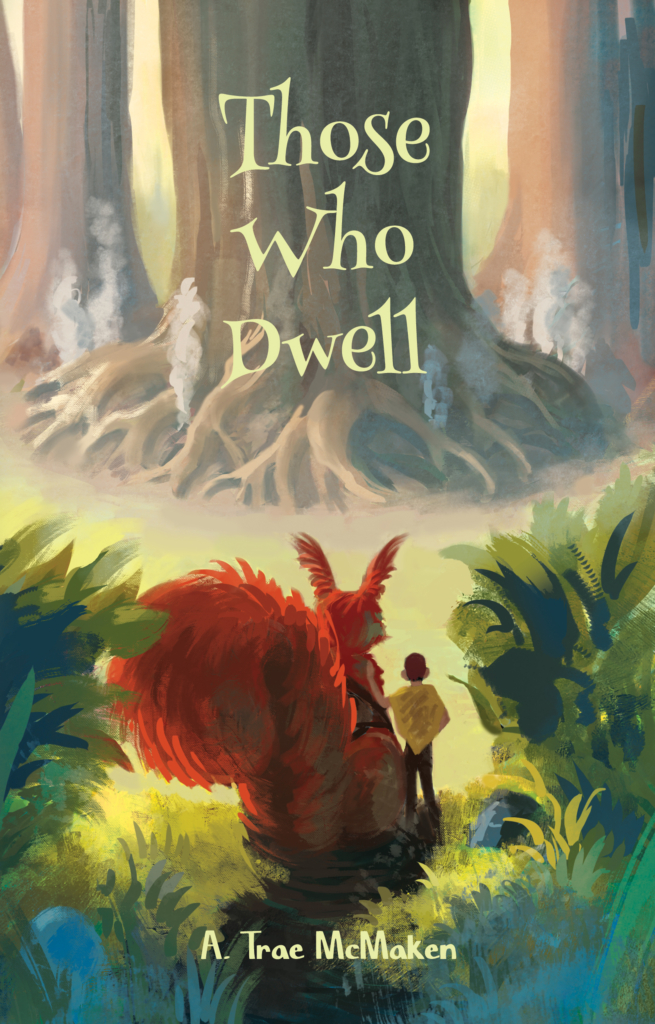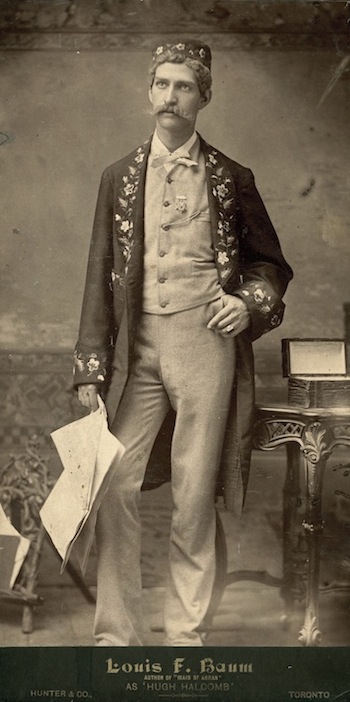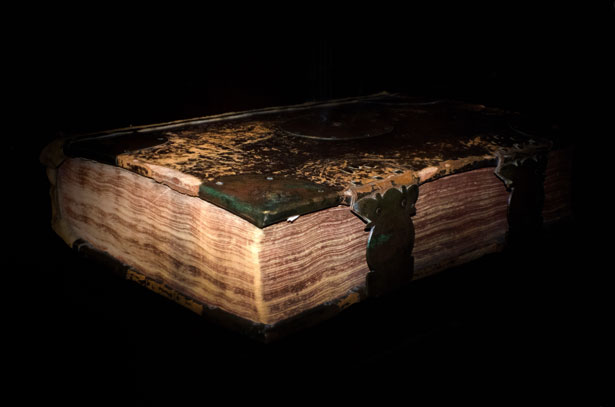Masters of Fantasy: Part VIII
<img class="aligncenter" src="http://www.lostpathway.com/images/coir/lindsay.jpg" alt="" width="200">
Photo: David Lindsay
There's just five this time around. These authors are linked by using rather weird strains in their fiction and either deconstructing many tropes and topics taking for granted or addressing and exploring the very nature of fantasy itself. The results are some of the most unique experiments in the genre.
DAVID LINDSAY (1876-1945)
Something of a "missing link" between his fellow Scot George MacDonald and the modern day surrealists (in Scotland), Lindsay is best remembered for a single work: A Voyage to Arcturus, a philosophical sci-fi/fantasy mindbender recounting one man's journey to an alien world orbiting the star Arcturus, where philosophical concepts take physical form. It has since become something of an underground classic, having earned high praise from the likes of Lewis and Tolkien. Other notable works include The Haunted Woman, in which a secret room in an old house leads to another dimension in space, and Devil's Tor, where a talisman split into two pieces might forebode an apocalyptic return of a goddess.
Offsite resources:
Wikipedia (https://en.wikipedia.org/wiki/David_Lindsay_(novelist))
TV Tropes - A Voyage to Arcturus (http://tvtropes.org/pmwiki/pmwiki.php/Literature/AVoyageToArcturus)
Encyclopedia of Fantasy (http://sf-encyclopedia.uk/fe.php?nm=lindsay_david)
Encyclopedia of Science Fiction (http://www.sf-encyclopedia.com/entry/lindsay_david)
Violet Apple: The Life and Works of David Lindsay (http://www.violetapple.org.uk/index.php)
CHARLES WILLIAMS (1886-1945)
Just as Clark Ashton Smith languishes somewhat in the shadow of H. P. Lovecraft and Robert E. Howard, Charles Williams doesn't really have the immediate recognition of his fellow Inklings, Lewis and Tolkien. However, he was nonetheless a great author in his own right, turning out a number of "supernatural thrillers" focusing on themes such as the intersection of the spiritual world and the physical world and the dangerous, sometimes beneficial, nature of power. His most famous works include the novels War in Heaven (the Grail appears in modern England and is pursued by both good and evil parties), Many Dimensions (an antiquarian finds and exploits the Stone of Suleiman), The Place of the Lion (Britain is invaded by living Platonic archetypes), The Greater Trumps (the original Tarot deck is discovered to possess great metaphysical powers), Descent into Hell (a distant academic unleashes a succubus, amidst other acts of selfishness and substitutional love), and All Hallows' Eve (which traces the demise of an unscrupulous black magician). He was also a respected essayist, dramatist and poet, publishing two volumes of Arthurian poetry in his lifetime, among many other works.
Offsite resources:
Wikipedia (https://en.wikipedia.org/wiki/Charles_Williams_(British_writer))
TV Tropes (http://tvtropes.org/pmwiki/pmwiki.php/Creator/CharlesWilliams)
Encyclopedia of Fantasy (http://sf-encyclopedia.uk/fe.php?nm=williams_charles)
The Charles Williams Society (http://www.charleswilliamssociety.org.uk/)
STEPHEN R. DONALDSON (1947- )
While he's written a few other series - the two-part Mordant's Need, which follows a woman through a mirror into a medieval setting where she engages in self-discovery; The Man Who, a set of mystery novels; and The Gap Cycle, a science-fiction series - Donaldson's greatest claim to fame comes from The Chronicles of Thomas Covenant the Unbeliever, a rather bleak, psychologically heavy deconstruction of high fantasy, in which the fate of an enchanted world, threatened by a fearsome Satan-like figure, is placed in the hands of a curmudgeonly and anti-heroic leper, of whom "the Land" may or may not be an extension of his own mind. It's a large series, covering three series and having finished only recently, and its morbid tone may not be for everyone. But for the patient reader, it may hold quite a few surprises.
Offsite resources:
Wikipedia (https://en.wikipedia.org/wiki/Stephen_R._Donaldson)
TV Tropes - Thomas Covenant (http://tvtropes.org/pmwiki/pmwiki.php/Literature/TheChroniclesOfThomasCovenant)
Encyclopedia of Fantasy (http://sf-encyclopedia.uk/fe.php?nm=donaldson_stephen_r)
Official website (http://www.stephenrdonaldson.com/)
JOHN CROWLEY (1942- )
He began by writing three science fiction novels of considerable note (The Deep, Beasts, and Engine Summer), but Crowley really made a name for himself with the outstanding fantasy Little, Big, which follows an eccentric American family whose ordinarily sized house is a portal to the expansive and unpredictable world of Fairy; it is regarded as one of the most significant fantasy novels, garnering praise from the likes of famous literary critic Harold Bloom. His other major work is the four-volume Ægypt, a metafictional story of a historian writing a manuscript on Hermeticism (at least that's how I can best describe it at this time).
Offside resources:
Wikipedia (https://en.wikipedia.org/wiki/John_Crowley)
Encyclopedia of Fantasy (http://sf-encyclopedia.uk/fe.php?nm=crowley_john)
John Crowley's LiveJournal (http://crowleycrow.livejournal.com/)
Black Gate - In Praise of Little, Big (https://www.blackgate.com/2014/02/03/in-praise-of-little-big/)
Black Gate - John Crowley's Aegypt Cycle, Books One and Two (https://www.blackgate.com/2016/10/17/john-crowleys-aegypt-cycle-books-one-and-two/)
Conceptual Fiction - Little, Big (http://www.conceptualfiction.com/littlebig.html)
ROBERT HOLDSTOCK (1948-2009)
Like Crowley, Holdstock began with science fiction before breaking onto the scene with a sequence of novels centered in the imaginary English woodland of Ryhope Wood, a microcosm in which the mythic archetypes of humanity's collective subconscious come to life. The series - Mythago Wood; Lavondyss; The Bone Forest; The Hollowing; Merlin's Wood [UK only]; Gate of Ivory, Gate of Horn; and Avilion - is a Jungian exploration of the nature of fantasy itself, associated with the subgenre of mythic fiction, which draws from the tropes and settings of myths and fairy tales. Holdstock himself is regarded as one of the best practitioners of post-Tolkien fantastic fiction.
Offsite resource:
Wikipedia (https://en.wikipedia.org/wiki/Robert_Holdstock)
Encyclopedia of Fantasy (http://sf-encyclopedia.uk/fe.php?nm=holdstock_robert_p)
Robert Holdstock's Mythago Wood (http://robertholdstock.com/)
That's all for now. Comments aren't necessary but are appreciated when provided. As usual, the forum topic is found here: http://www.lostpathway.com/tavern/index.php/topic,16.0.html


